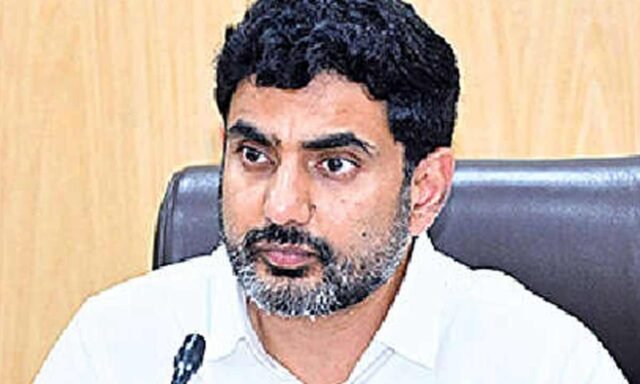Vijayawada: Minister for HRD and IT Nara Lokesh announced in the Assembly on Wednesday that appointment orders pertaining to teachers selected through the Mega DSC will be issued on Thursday. About 16,000 candidates are set to receive their teaching jobs, he said, calling it “a matter of pride for the NDA coalition government”.
Lokesh observed that Chief Minister Chandrababu Naidu personally signed the Mega DSC file for the first time after the popular government took office. He emphasised that the previous YSRCP government did not issue a single DSC notification during its tenure. “We have taken every precaution, from the notification stage to the verification of exams and certificates, to ensure there are no legal hurdles. The selection process has been transparent,” Lokesh said. The YSRCP had filed over a hundred cases to block the Mega DSC, but no court issued a stay on the appointments, he added.
Lokesh extended an open invitation to all MLAs, including opposition members and Pulivendula MLA Y S Jagan, to attend the ceremony to hand over appointment documents to the selected teachers.Speaking on broader initiatives in the field of education, Lokesh said the government is considering the establishment of a university in Chittoor as well as a junior college in every mandal. He criticised the previous government for weakening government junior colleges, observing that many lacked subject teachers under the High School Plus policy.
Since the NDA government took charge, he said, government colleges have improved, with admissions up by 40 per cent, midday meals being provided for Intermediate students, and distribution of material for competitive examinations. The Minister also highlighted efforts to boost the handloom sector in Mangalagiri, including increasing weavers’ incomes by 40–50 per cent through the “Weaver’s shop” and a design-marketing agreement with Tata Tannera. Lokesh pointed out that government school uniforms have been upgraded with high-quality materials and transparent tender processes, saving the state Rs 200 crore last year. He projected that similar initiatives could save the exchequer Rs. 1,000 crore over five years.






